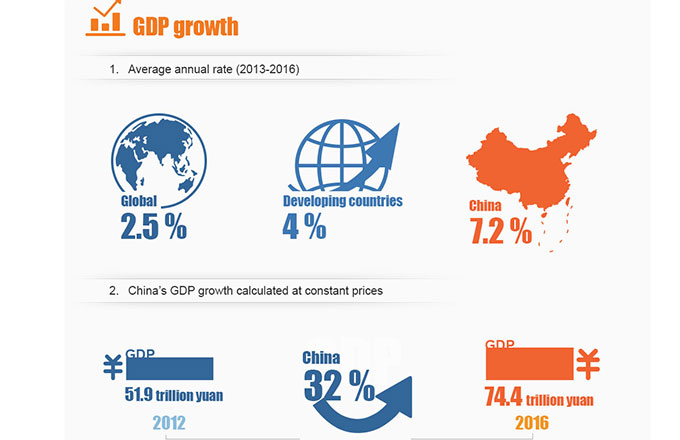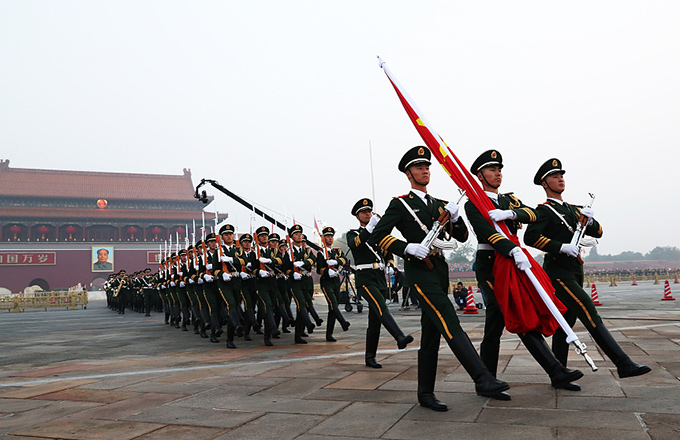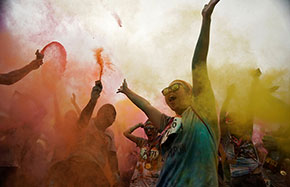Marathon mania gains momentum
Cheating scourge
With the number of events skyrocketing, cheating has become a problem, underlined by a number of embarrassing and even deadly incidents recently.
After this year's Beijing Marathon, a photo of three runners with the same ID number went viral, exposing long-existing issues of people fabricating bibs or trading entry spots illegally to run without registration.
The organizing committee of the Beijing race launched a probe into the incident and threatened to permanently suspend the perpetrators.
Cheating to enter a race can have serious consequences.
During a half-marathon in Xiamen last December, a runner who was later found to be competing under someone else's name, died of a heart attack after first-aid treatment based on the original participant's information failed to work.
The deceased runner's family sued the race organizer for more than 1.2 million yuan ($180,000), but a district court overturned the plaintiff's appeal on Sept 21.
Following the Xiamen race, the CAA issued a new regulation that requires all race organizers to tighten scrutiny on registrants and impose lifetime bans on cheats.
"In a lot of early cases, runners didn't trade entries for money but just passed them on to others so that the entries were not wasted," said Tan Jie, of Chinese running magazine Front Runner.
"They just didn't realize how big a risk it posed."
Organizers of some elite races have been planning to stamp out identity cheats with face and fingerprint recognition technology.
"The development of the marathon industry should be accessed by quality rather than quantity," said Adam Zhang, founder of the Key-Solution sports marketing and consulting agency.
"Organizers should realize that the runners' all-round experience is much more important than the number of registrants or the reputation of a race."
Providing proper facilities, such as sufficient hydration for example, is just as important as course design and traffic control, Zhang added.
Illustrating Zhang's point well is the case of the 2013 Beijing Marathon, when photographs of competitors urinating on the walls of the Palace Museum (aka the Forbidden City) caused uproar.
The following year organizers added another 160 mobile toilets around the start and finish areas to prevent a repeat of that embarrassment.
























